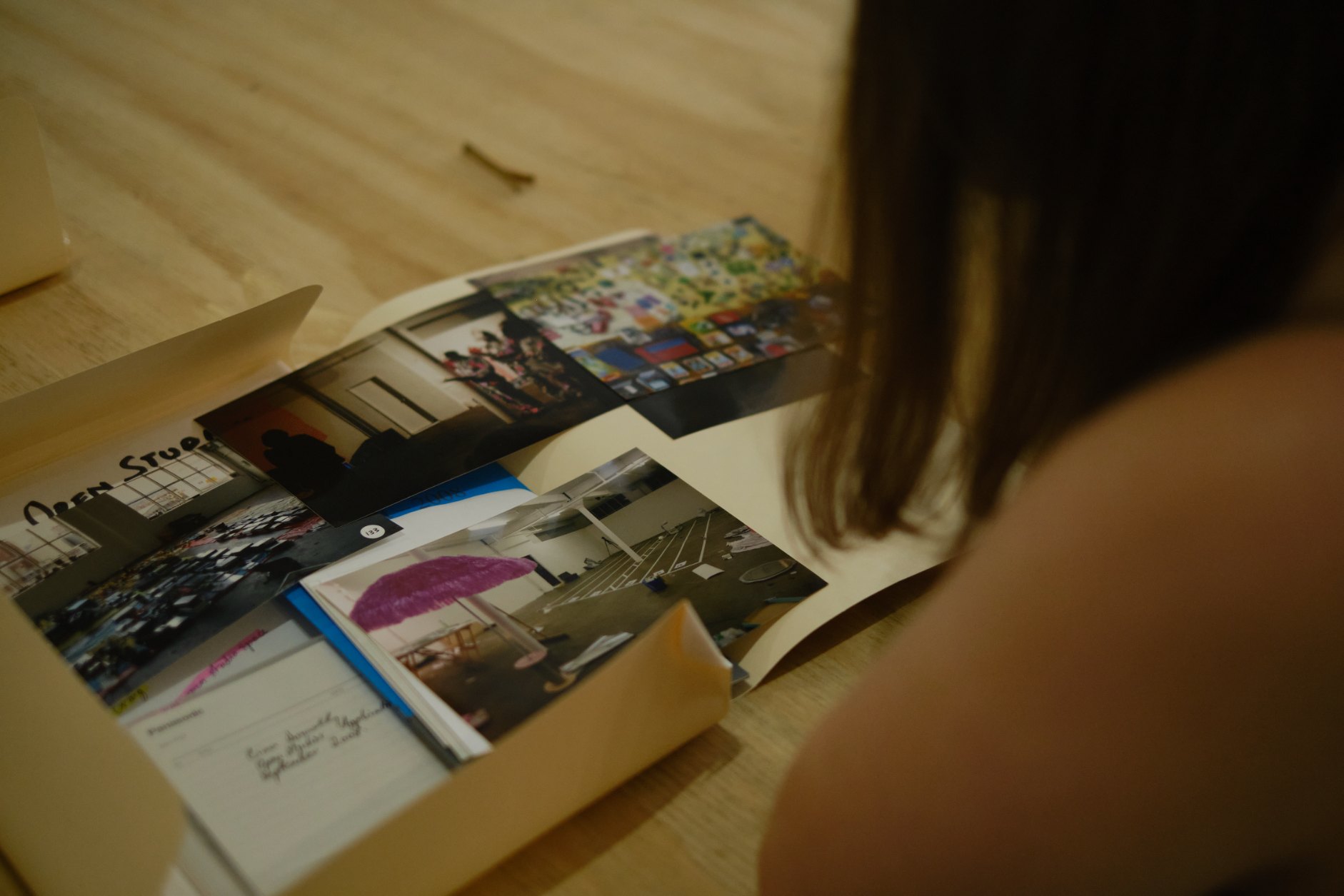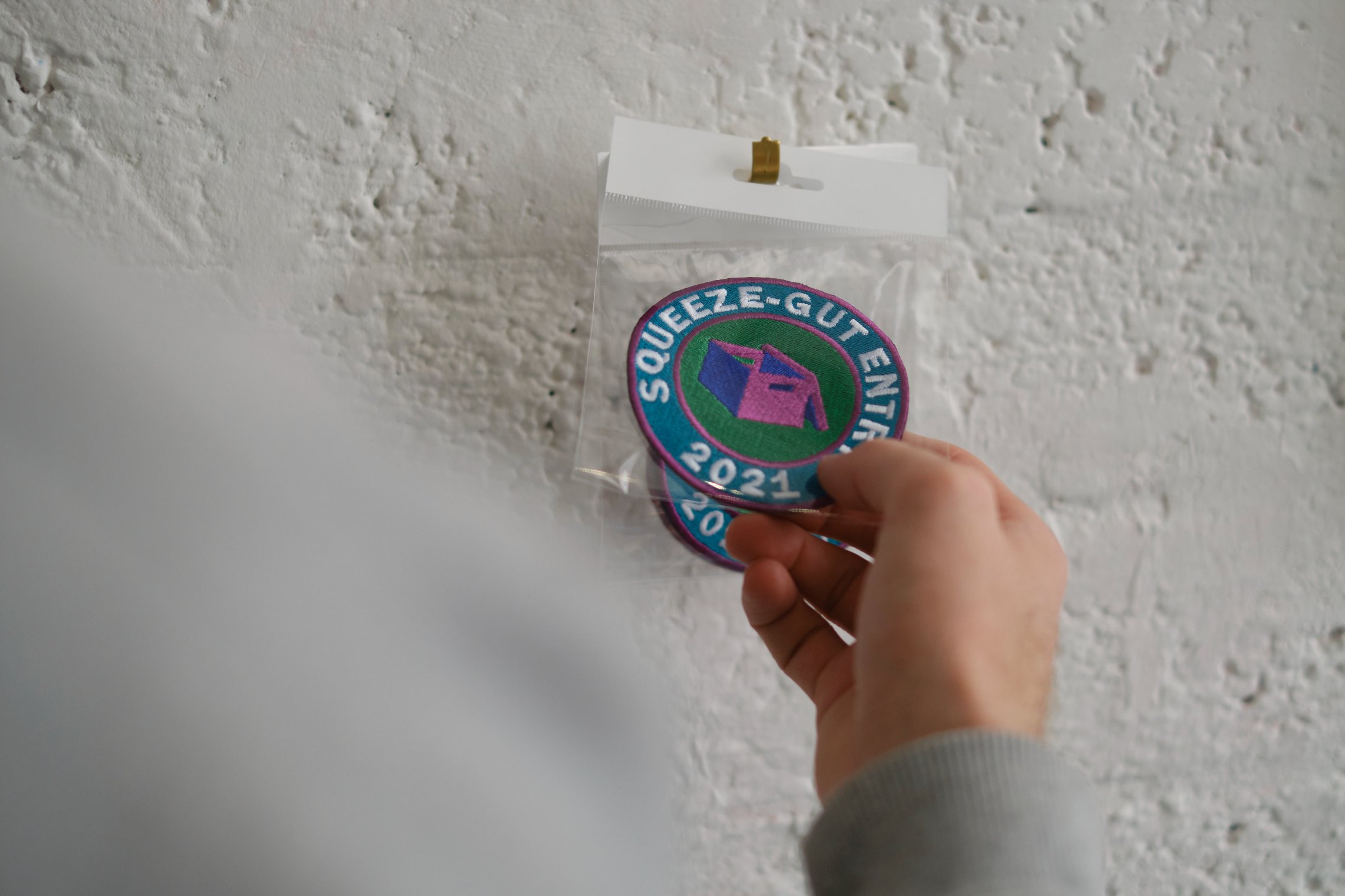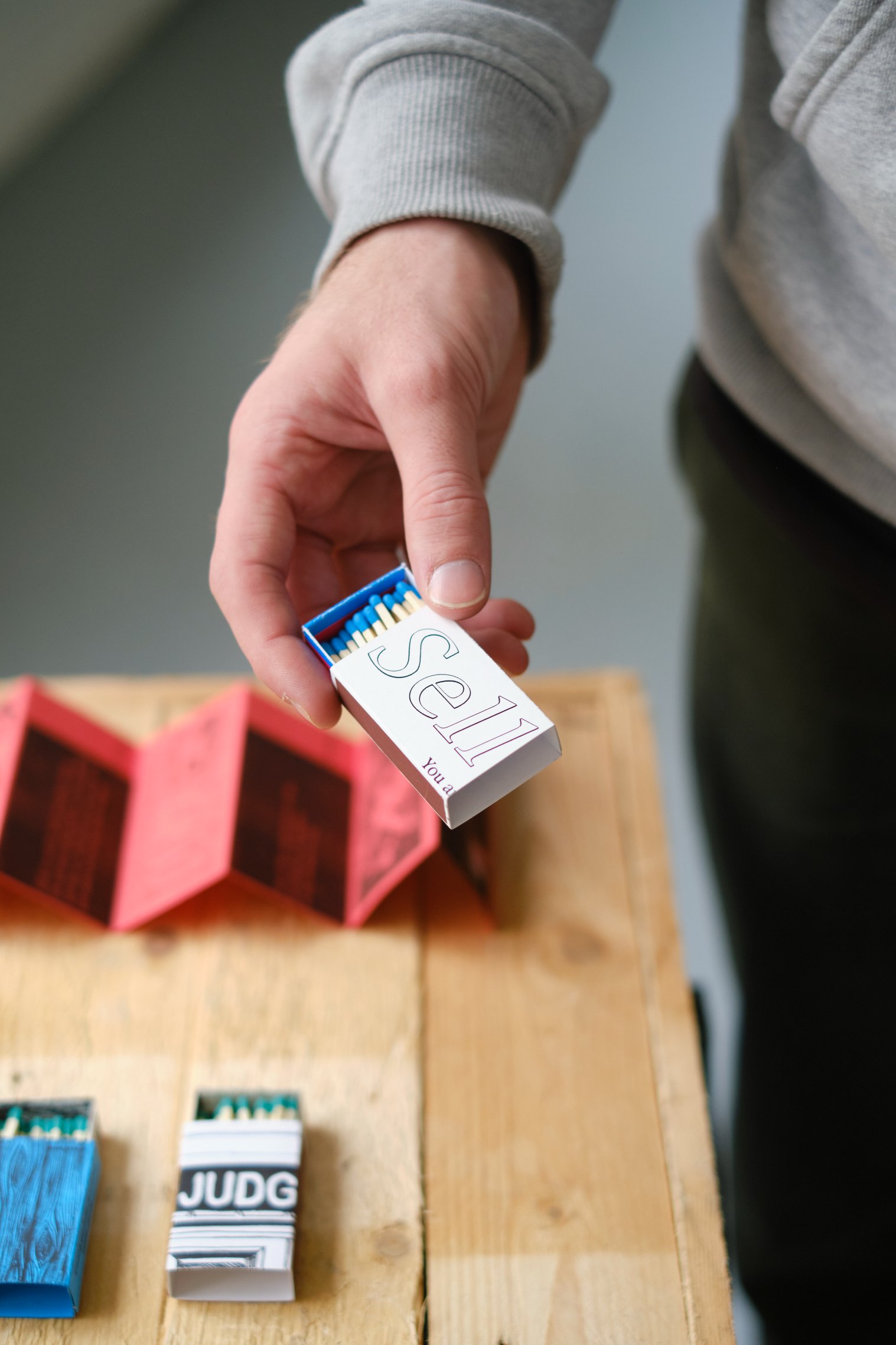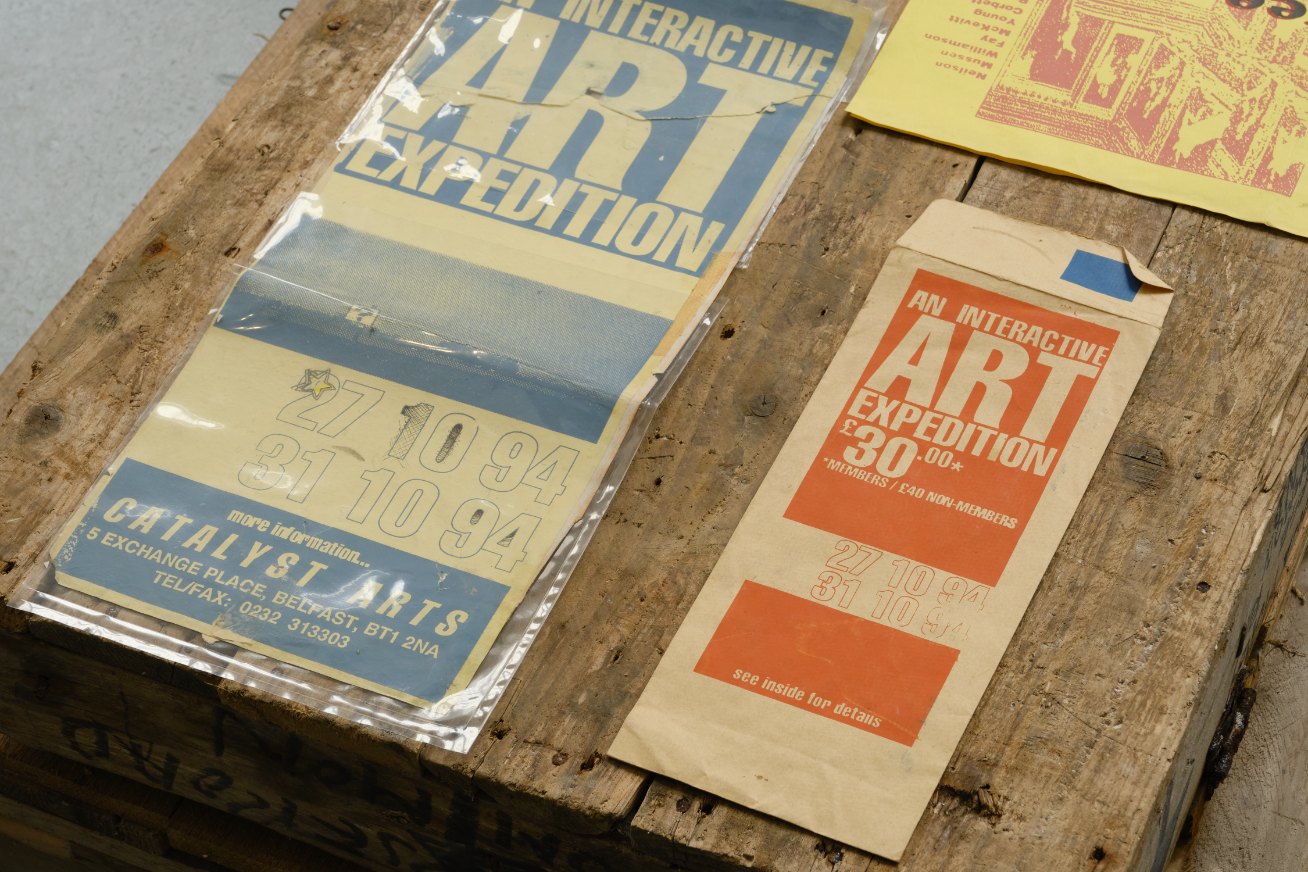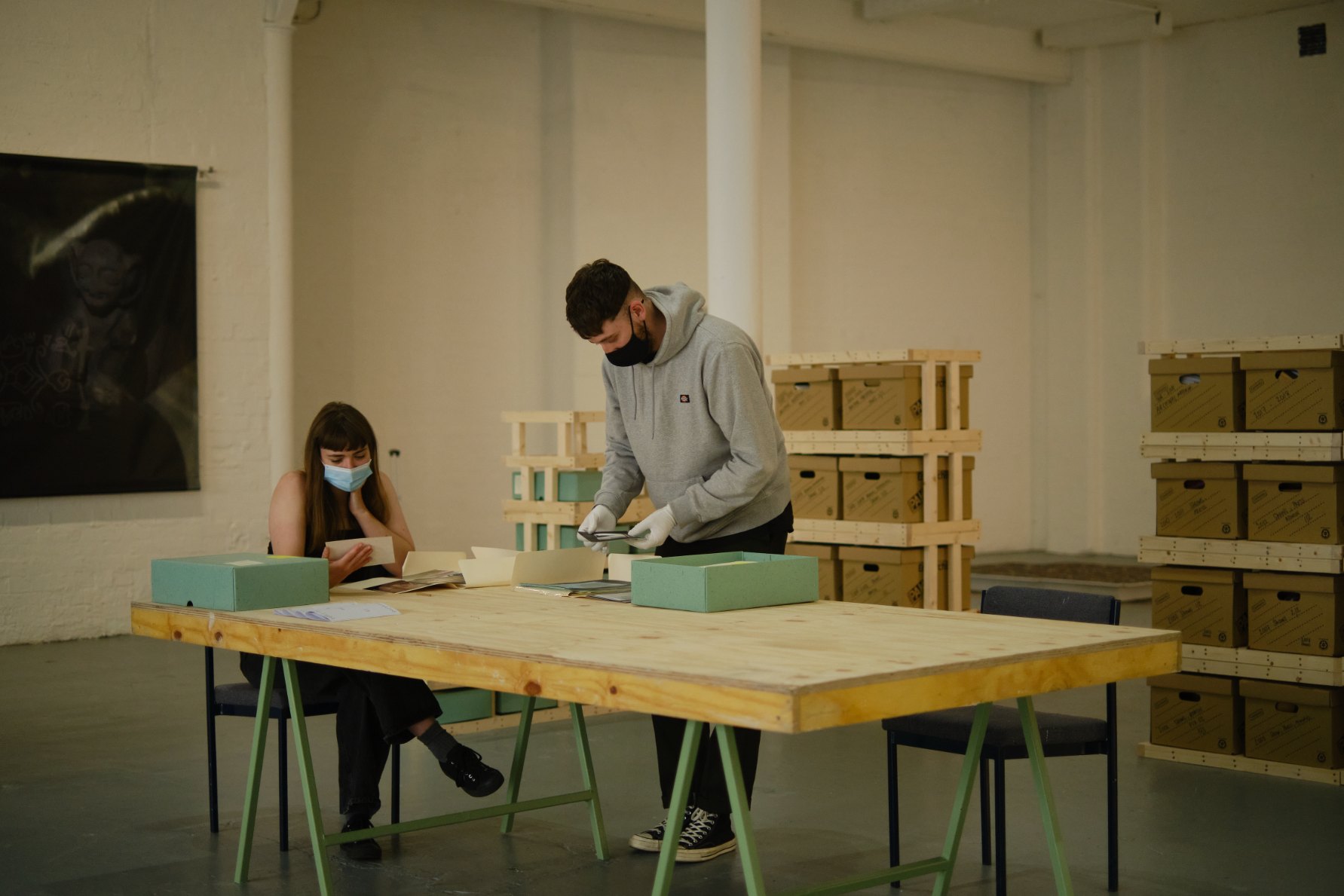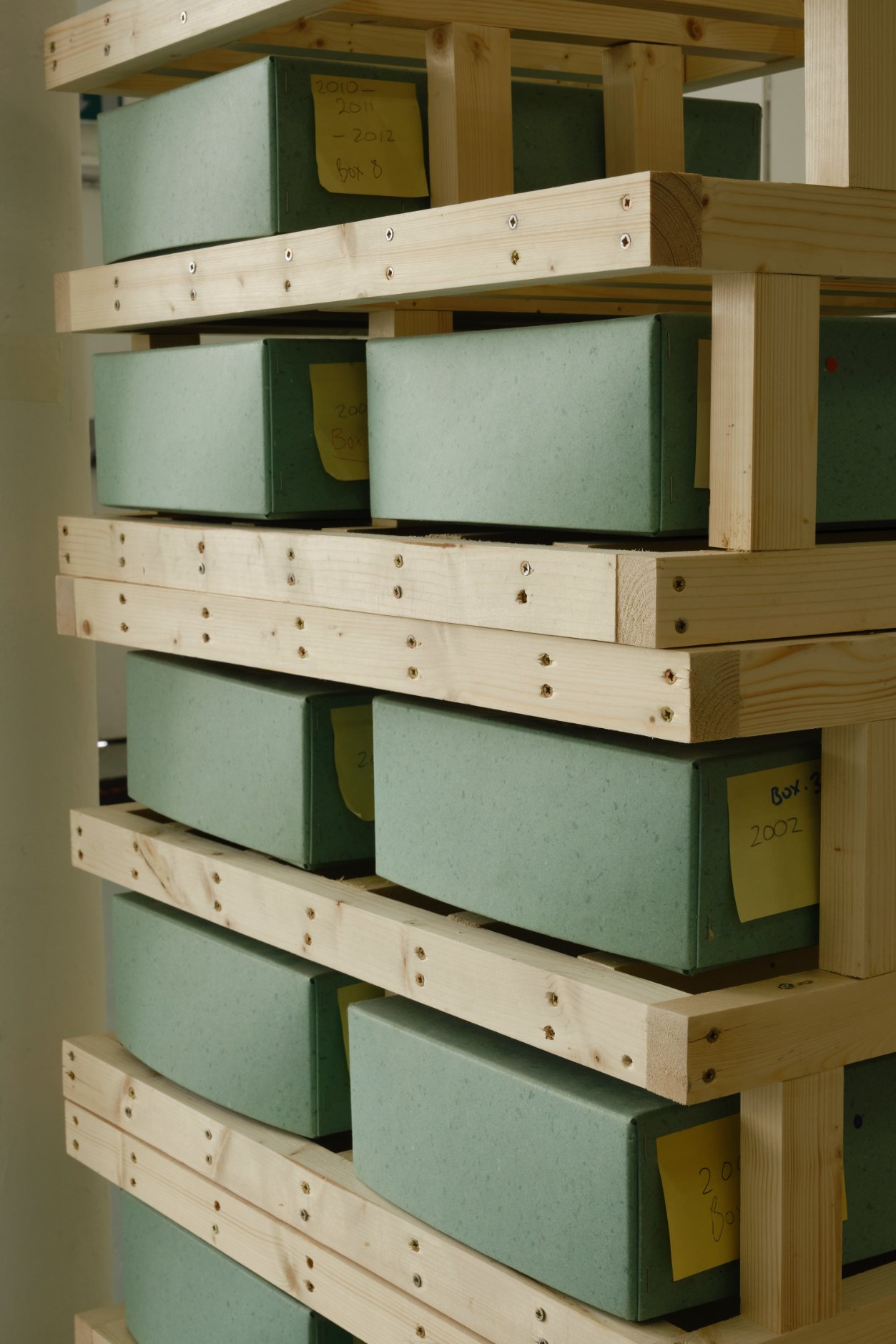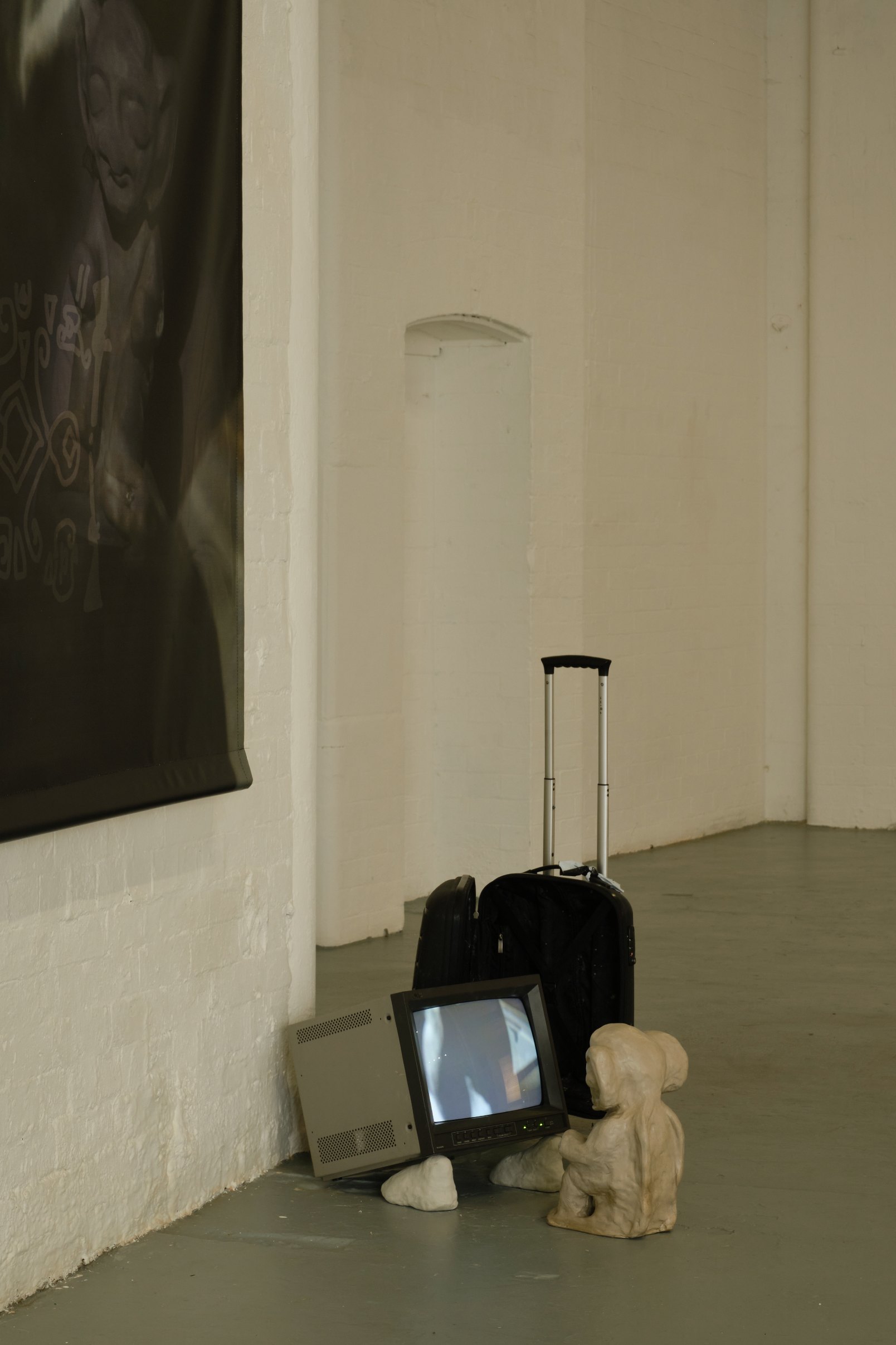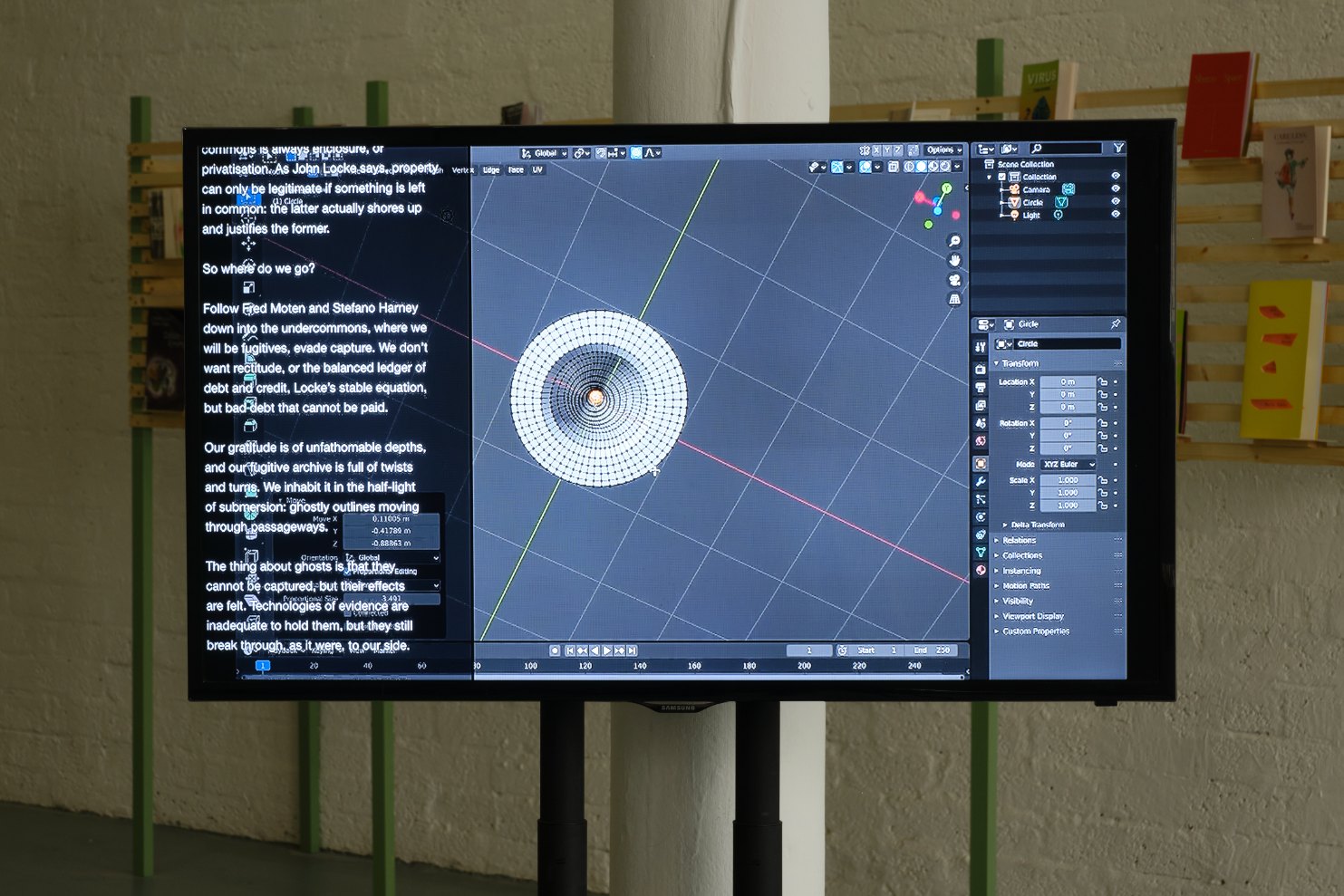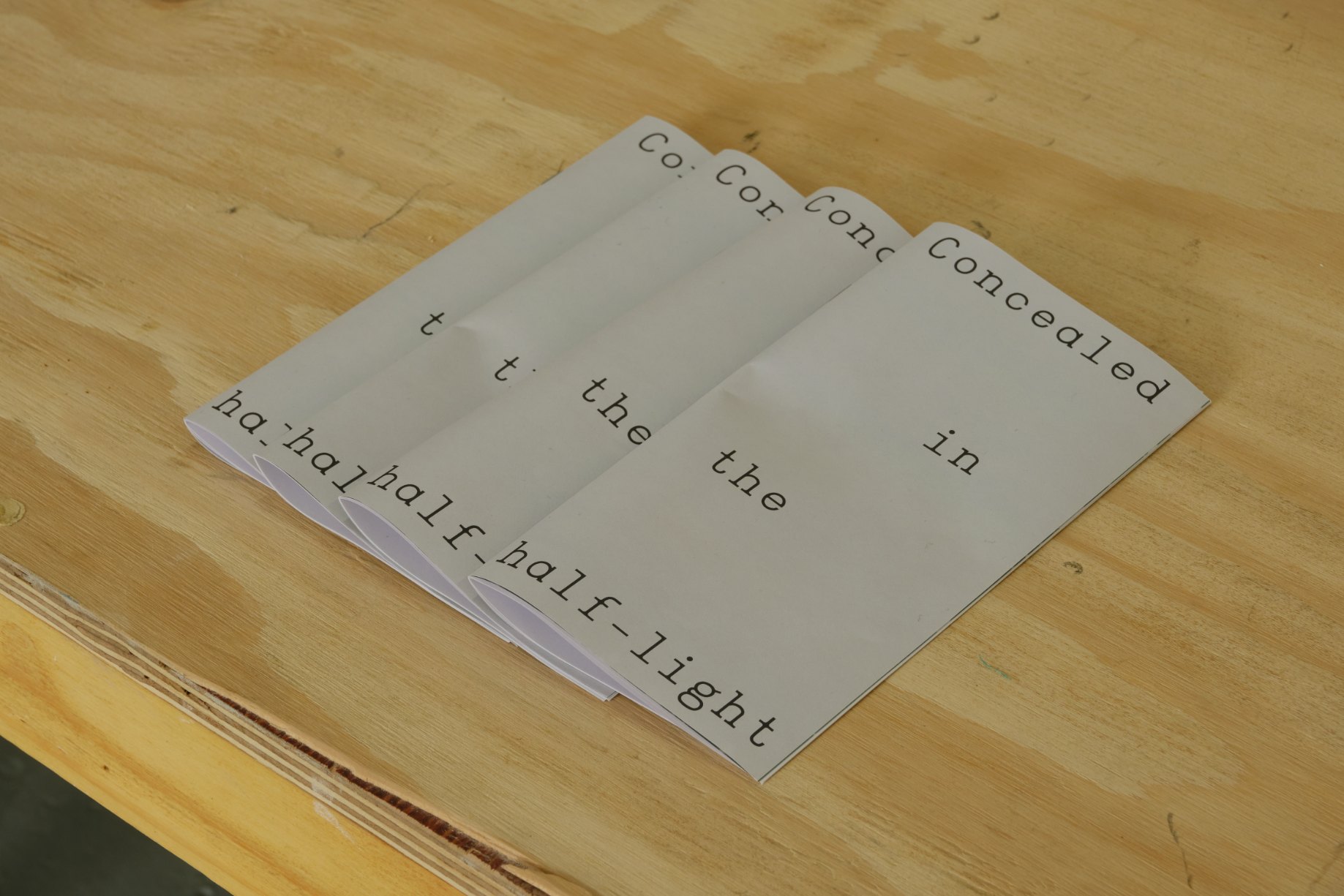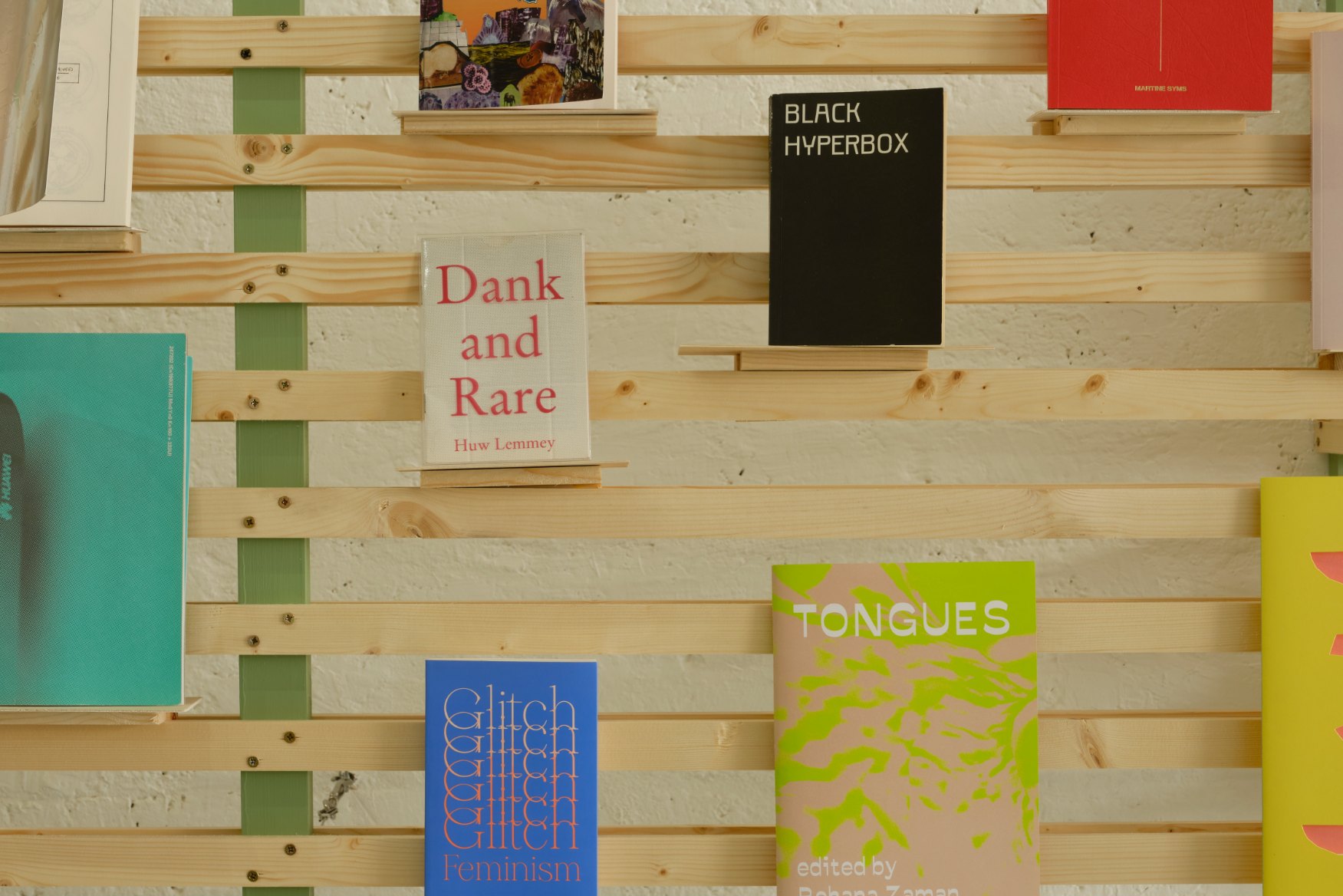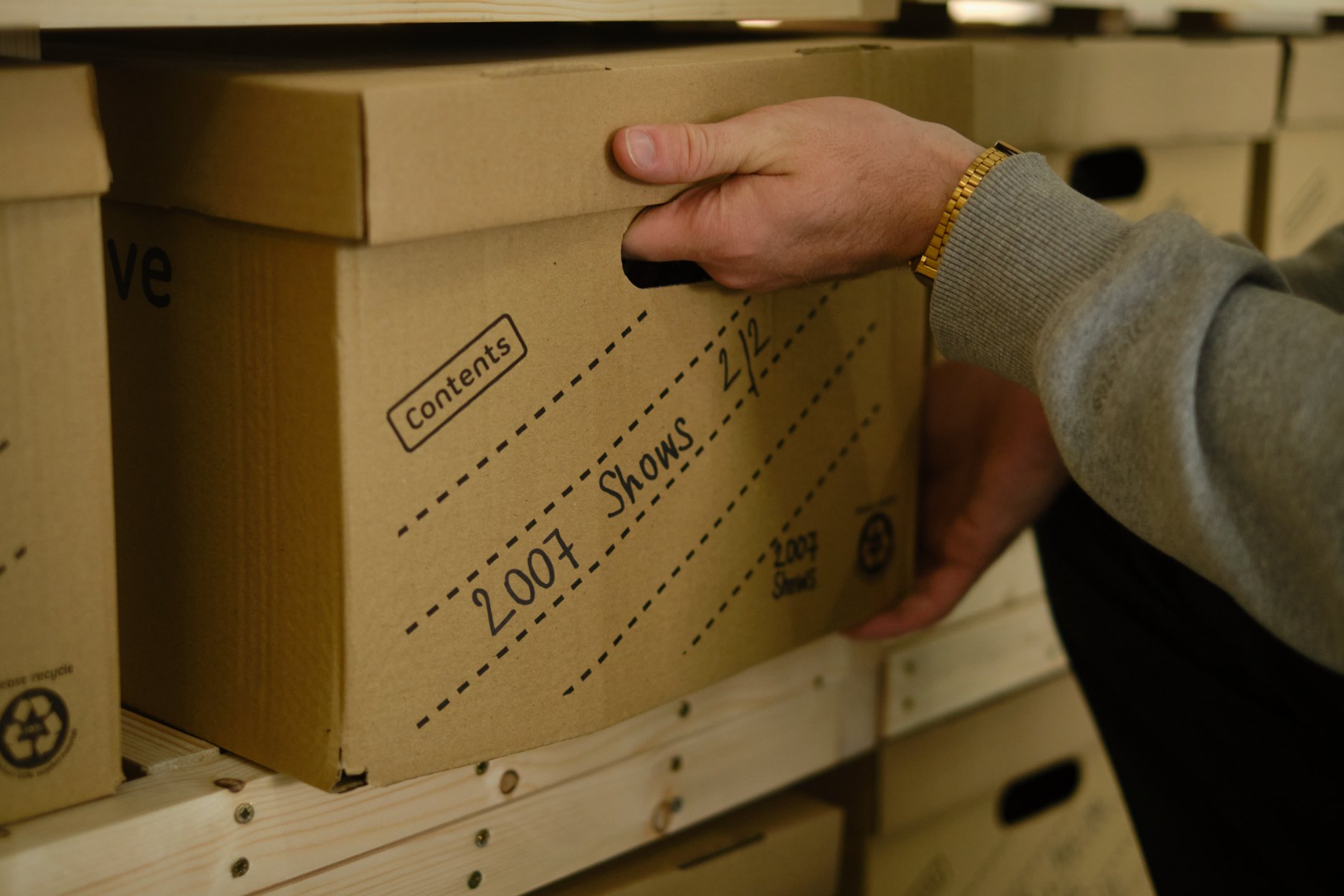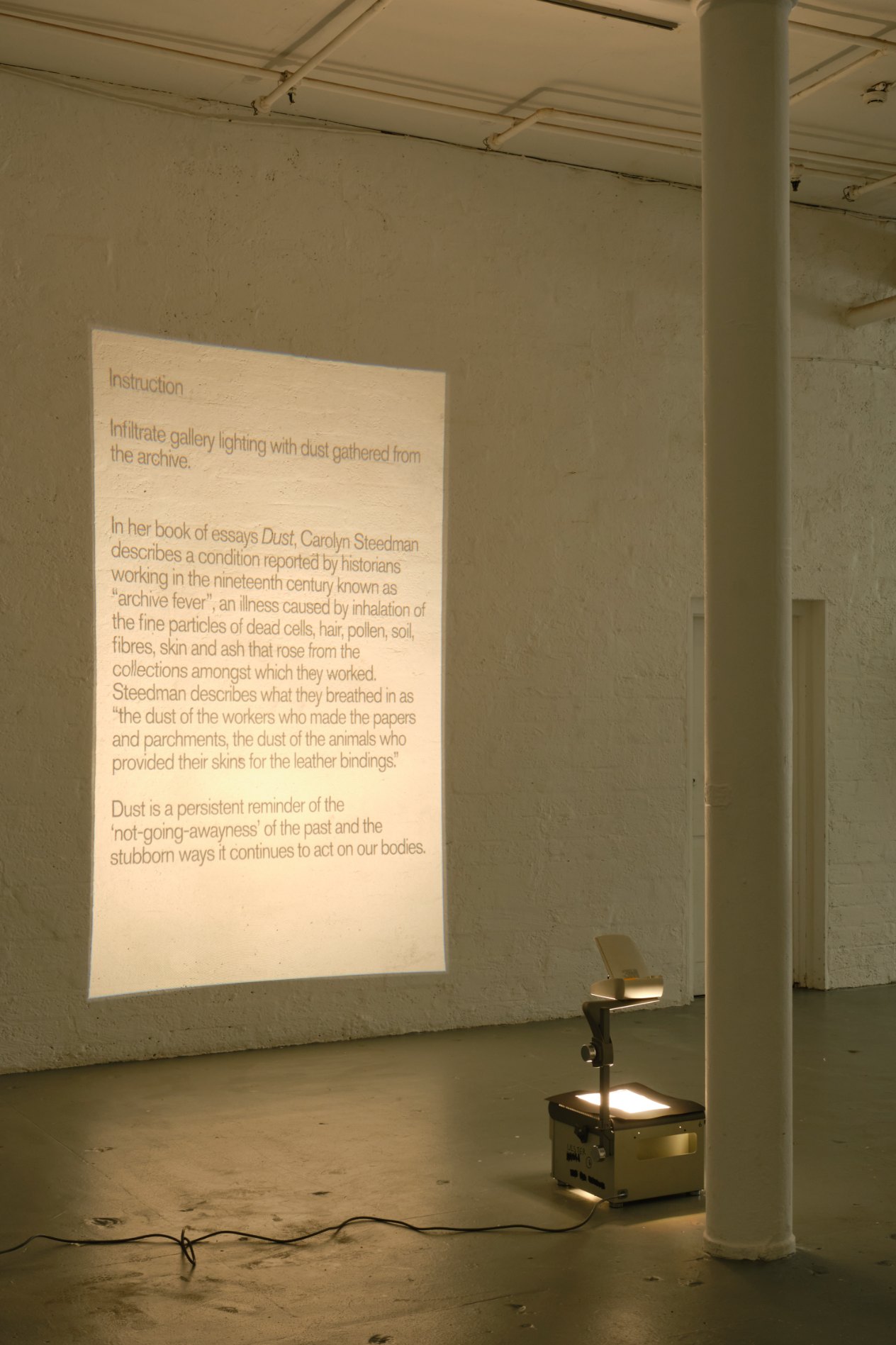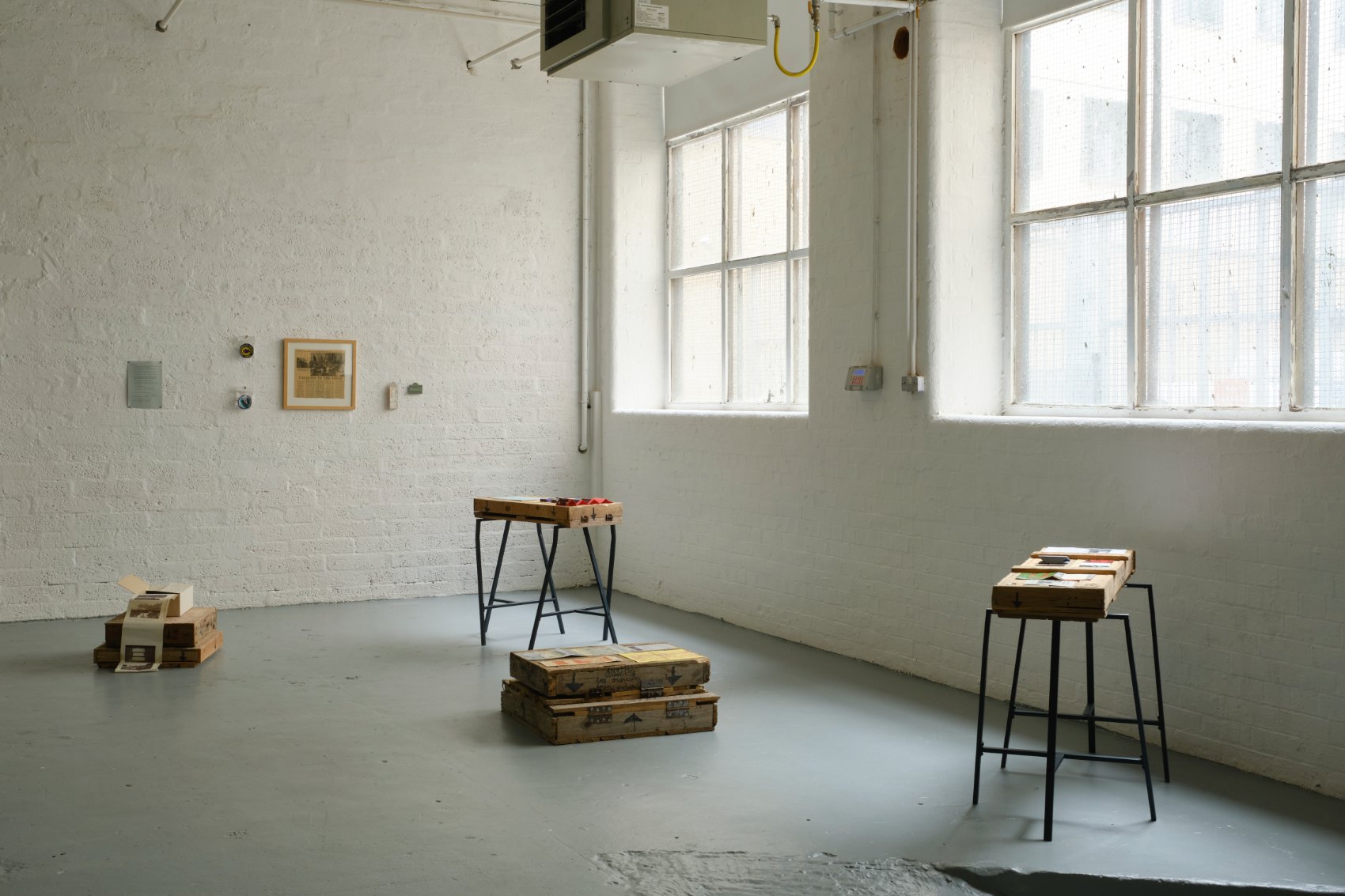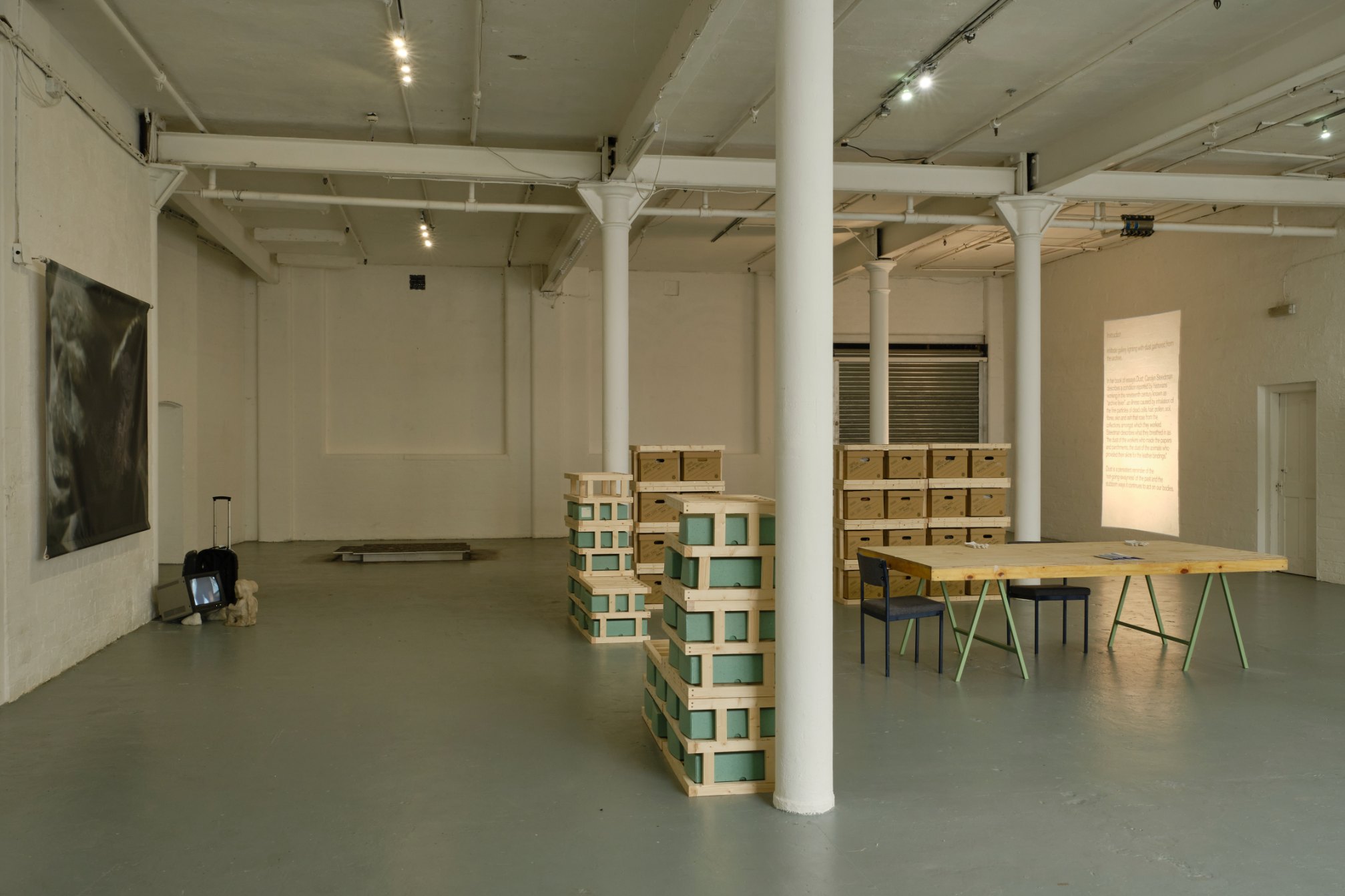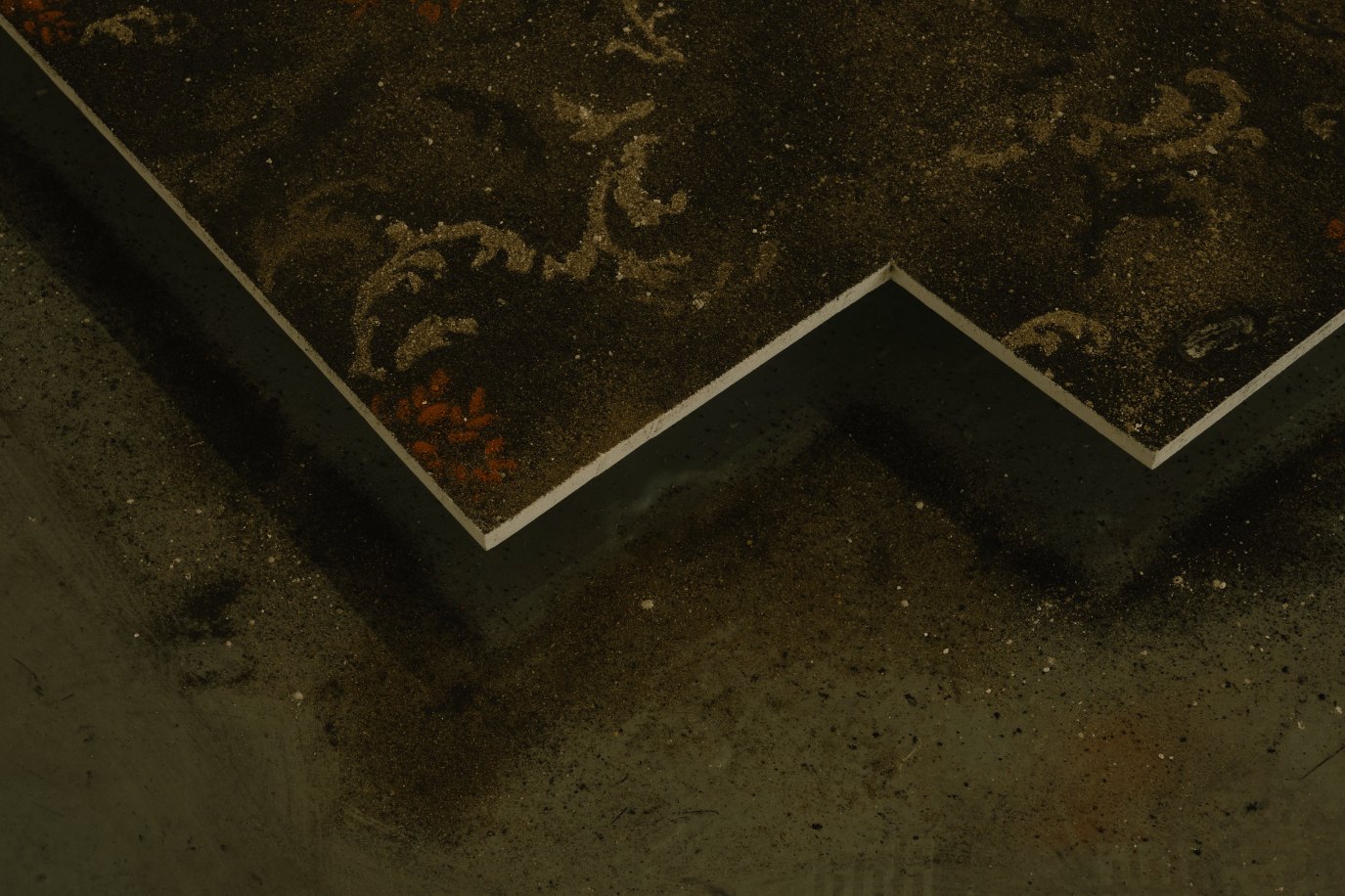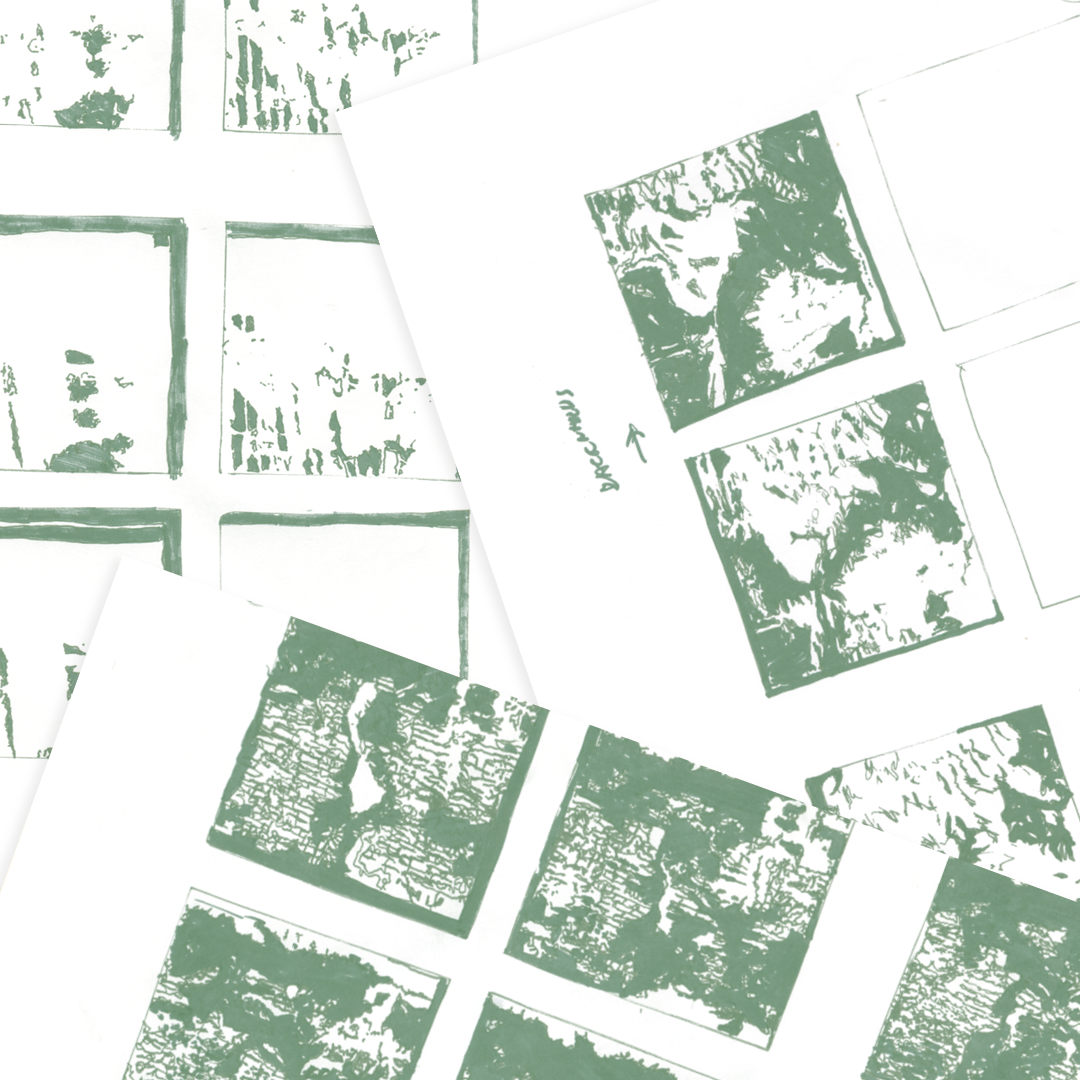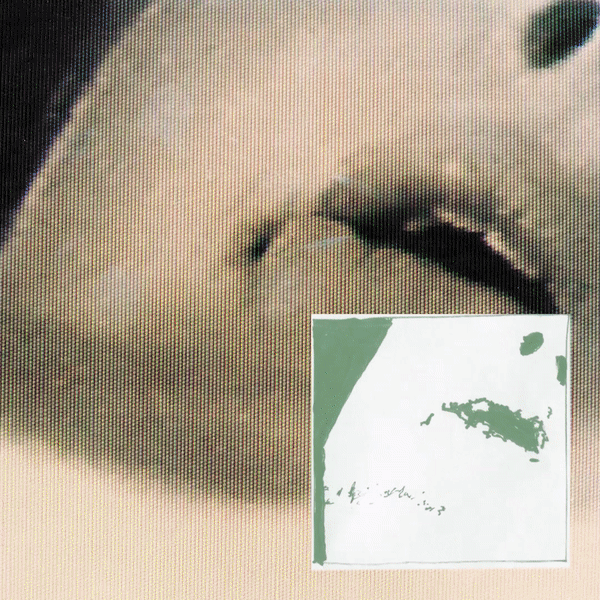Concealed in the half light
5 August – 2 September 2021
Catalyst Arts, Belfast
Alice Rekab, Nollaig Molloy, Matthew Wilson, the Department of Ultimology, the Digital Archive of Artists’ Publishing (DAAP) with Frances Whorrall-Campbell, Banner Repeater and the Artist-Led Archive
If, for whatever reason, you have stepped inside the Catalyst Arts office you will be familiar with its all consuming chaos. Archive boxes piled high, walls plastered with decades of postcards and letters, VHS tapes collecting dust – it is a haphazard gathering of stuff. A place where there is an unsaid need to keep three broken staplers and ten disused laptops; this may be symptomatic of irrational hoarding, or the necessary conservation of an artist-led organisation. Its collection has grown from a fear of throwing out anything of archival worth, perpetuated by generations of directors warning “Don’t throw that out! It’s part of the Archive!” A suitcase lives undisturbed in a cardboard box, a human-sized pair of yellow scissors hang on the wall, to-do lists in chalk are suspended in time, a jar of pickled carrots sits on top of the CCTV screen and a bow, without a fiddle, is constantly being moved around the room. The context and the stories behind these items are lost, however they exist and live as collective memory, a sort of debris; a debris of remembering.
Concealed in the half-light disrupts the idea of the archive as a collection of ‘inanimate fossils’, which even in its entirety is only an illusion of history and presents just traces of reality. By looking at the Catalyst Arts archive and its unruly nature, there is potential to challenge the politics and power dynamics of the traditional archive which rigidly depends on data organisation such as standardisation and categorisation. These are systems put in place to streamline the varied and eradicate difference, which ultimately erases the value of difference. So when there are multiple histories and no agreed narratives, there is a possibility to offer archive alternatives, by acknowledging the subjective, intimate and personal, essentially the ‘unarchivable’.
→ Frances Whorrall-Campbell, Commissioned Text
